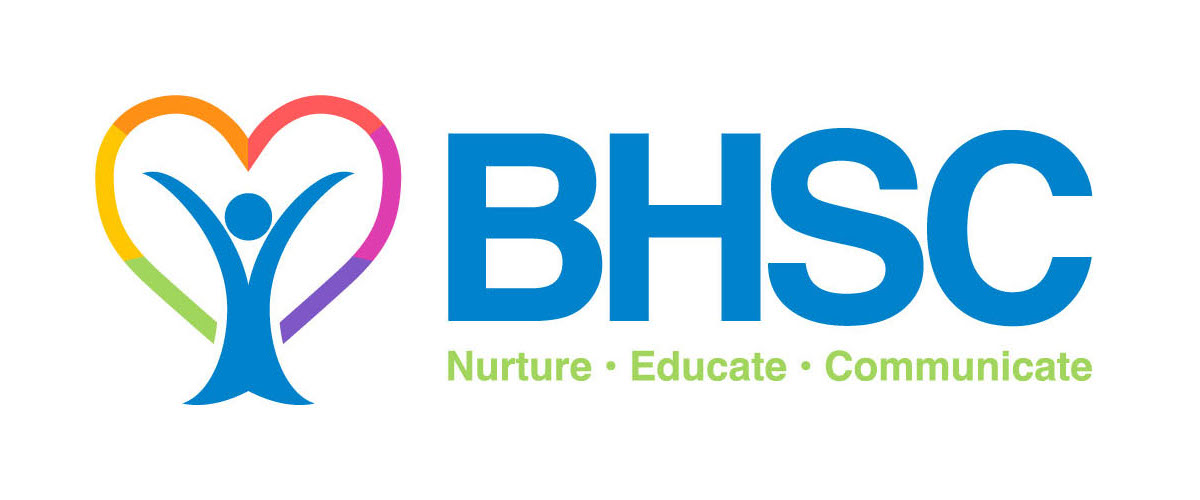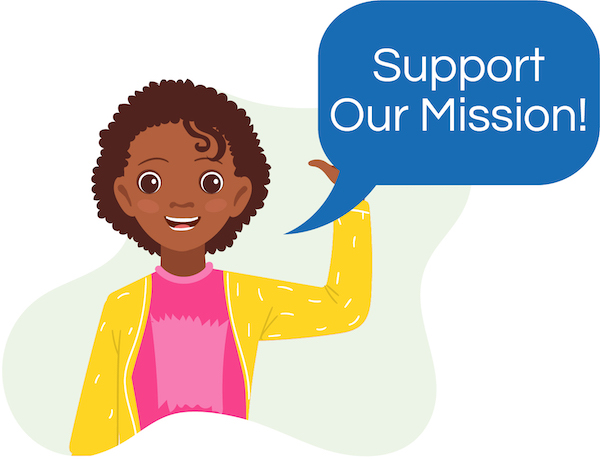Most parents would do anything to help their children be happy and successful. But too much parental involvement can be detrimental as several studies examining the impact of over protective parenting on college students have found that college students with “helicopter parents” are more likely to be depressed and less satisfied with their lives.
Experts agree that this “over do” parenting style [hovering over and micro-managing their child’s school and social lives] can negatively affect a child’s well-being by violating their need to feel both autonomous and competent. Researchers believe such parenting can even violate a child’s basic need to feel worthwhile to himself and others.
In an interesting piece of research, published online in the Journal of Child and Family Studies, Holly Schiffrin, Ph.D., and colleagues from the University of Mary Washington examined the effect of parenting behavior on college students’ psychological well-being.
The researchers discovered parental over involvement can lead to negative outcomes in children, adolescents and young adults including higher levels of depression and anxiety. Studies also suggest that children of overinvolved or over controlling parents may feel less competent and less able to manage life and its stressors.
So how much is too much parental involvement? Reality demands parental involvement as necessary in a child’s life to facilitate healthy development, both emotionally and socially. Children’s need for autonomy increases over time as they strive to become independent young adults. High school teachers and even many college administrators are concerned that some parents do not adjust their level of involvement and control as their children grow up.
Recently, I heard a few stories which brought the notion of “helicopter parenting” into a sharp focus for me. First was from a Dean in a school of education at a local college who told me of numerous times where he had to dialogue with parents demanding that their children be given higher grades, some were even running interference and speaking for their adult children with professors. The second story was from a person in a multinational corporation who was interviewing candidates for an entry level management position. One of the candidates brought his father with him into the interview. The father demanded to be with his son during the interview and proceeded to do most of the talking even asking what the career path would be for his son should he take the job. Finally, many teacher friends have told me that class projects today are now parent assigned projects with the children doing very little of the work.
A conundrum that every parent faces is how do I protect my children from all of the threats in the world, and how do I help them get ahead in this competitive environment while equipping them with the skills necessary to emancipate and become independent with good decision making capacities as they mature into responsible adults? Do we over protect and helicopter our children through their developmental life course or do we equip them to stand up and act on their own, even if their actions may not be what we would do, or even if they may not produce the results we would hope for our child.
I will always remember a moment when my daughter was 17. She was going out on a formal dinner-date dance, and I was being a Dad by over setting limits and giving the talk about what to do and what not to do. She broke out crying and I was dumbfounded…applying all of my sharp therapist skills to the situation which I had already blotched in some way, she shared with me a profound thought. She told me, Dad- you have been preparing me to be responsible for 17 years and doing a great job, now that I am ready to go out and be responsible- you won’t let me [more crying] and [ruined make-up]. WOW, a Ph.D. worth of graduate hours did not teach me that perceptiveness and understanding about my parenting challenge, my 17 year old did.
Luckily, we got through my suffocating helicopter parenting style. I am a quick study and I negotiated more age appropriate expectations around her curfew and supervision. But that moment has stuck with me in understanding better the relationship between protecting our children and giving them the wings to let them go out on their own and fly…even if they fall.
From an early age, a child’s search for independence is fueled by the desire to make things happen and to feel competent. A young child’s opinion about her capabilities is, to a large extent, based on her parent’s or caregiver’s response to her. As an adult, your role in fostering independence is to provide love and support, encourage exploration and curiosity, teach skills, and allow the child to make appropriate choices. Your enthusiasm for a child’s exploration sends a message that these activities are valued by you.
Sometimes the desire to make things happen takes young children down paths that require limit setting, or they may become frustrated while trying to master a certain task. While it is appropriate to allow for small doses of frustration, caregivers should be prepared to step in to prevent overwhelming frustration, and also to expect mistakes. The key is to provide an emotional safety net when trial and error results in more error than immediate success.
Like other developmental milestones for young children, successful accomplishment of self-care tasks is age-specific. An infant’s efforts to lift his head, roll over, or sit up are significant steps toward independence. Just like an infant’s efforts to become more age appropriately independent, throughout a child’s development there will be many trial situations where parental love, affection, and nurturing will help them reach their goals of separation and independence.
A safe environment is paramount once children are mobile. Curious and daring toddlers have little or no judgment concerning their safety, so it’s up to you to ensure that they can explore and experiment in safe surroundings. Independence at this stage can be encouraged by giving the child small choices as a way to exercise a measure of control over his life. These choices might include which story to read, song to sing, or which shirt to wear.
Preschoolers are verbally capable of expressing many thoughts, feelings and needs, and they are ready to take bigger steps toward independence. Encourage preschool children to do for themselves on a daily basis by allowing them to put away clothes and toys, for example. Establishing family chores–setting the table, folding towels, or helping with meal preparation–builds a sense of competence and teaches children how to do for others.
Once children reach school age, there are many opportunities to facilitate independence. Decisions about friends, school projects, and play are all a part of their daily life choices. Financial decision-making skills can be bolstered by giving older children responsibility with money, for example providing an allowance or designating a child as class treasurer.
Teens will gradually seek out their peer group to exhibit and “try out” more independent thinking and behavior. Parents with young adult children in this stage of life while still needing to set limits around dangerous or detrimental situations are better served as becoming “coaches” to their teen children. This parental role change will help encourage, develop and support more independent and responsible behaviors and decision making skills with their teen children.
Although it is necessary to establish limits and maintain firm rules about important issues, it is equally important to honor children’s choices whenever possible. By showing your genuine enthusiasm and recognizing the many small tasks a young child accomplishes, you are helping her gain control over her world and preparing her for a healthy, independent life.
As they mature in their thinking and they gain some life experiences you can begin to let them negotiate life challenges more on their own. Parents should keep in mind how developmentally appropriate their involvement is and learn to adjust their parenting style when their children feel that they are hovering too closely. Your role as they reach adolescence and early adulthood is more adaptable to taking on the role of their life coach. Remember, as you spend so much time in childhood working on building that responsible adult…when the times comes to let them be responsible, be ready to move on to supporting your child in making that transition and being there for them when they make their adult mistakes.
Be well, joe cozzo




